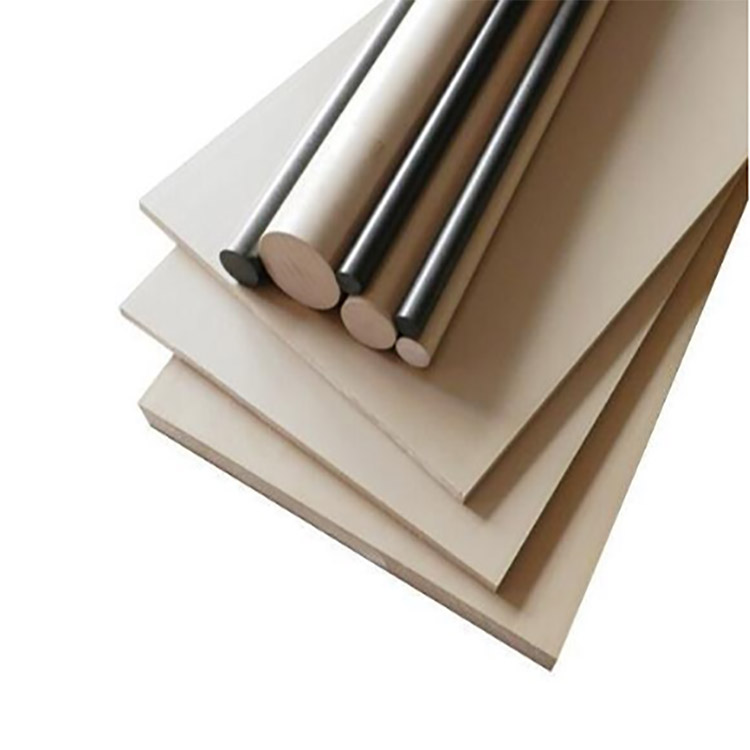tel
+86-21-6420 0566
In the rapidly advancing field of medical technology, thin film materials have emerged as a critical component for innovation and improvement in patient care. Our company has been at the forefront of leveraging these advanced materials to enhance the performance and reliability of medical devices.

Thin film materials have revolutionized the medical device industry by offering unique properties that traditional materials cannot match. These ultra-thin layers provide enhanced durability, biocompatibility, and functionality, making them ideal for a wide range of medical applications.
Biocompatibility: Thin film materials, such as PTFE (Teflon), are highly biocompatible and non-toxic. This makes them safe for use in implants and medical devices that come into direct contact with the human body.
Durability and Flexibility: Thin films are designed to be both durable and flexible, ensuring that medical devices maintain their performance over time, even in demanding conditions.
Non-Stick and Anti-Friction Properties: Materials like PTFE offer excellent non-stick and low-friction properties, which are crucial for applications such as catheters, stents, and surgical instruments.
Customization: Thin films can be tailored to meet specific requirements, including thickness, surface finish, and chemical resistance, making them versatile for various medical applications.
One of the most impactful applications of thin film materials in the medical field is in the development of advanced catheter coatings. Our company has developed a thin film coating for catheters that significantly reduces friction and improves patient comfort and safety.

